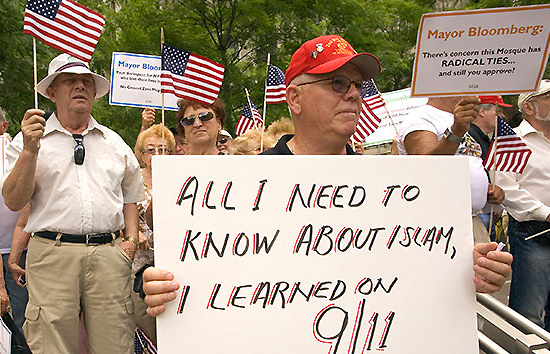However, one other issue that has arisen during our class discussions is how one labels themself. Identity is an issue that all of these women grapple with as rights are being stripped from them everyday and they are working to retain who they really are. Labels, and the language used with them, are major factors in who we are and how we claim our identity. Below is a video from the recent 2010 census regarding ethnic labels and how one identifies themself on the census:
These women in Reading Lolita in Tehran have a multitude of different ways in which they can label and identify themselves. "Female" is an obvious, first label, but where do they go from there? Are they Persian? Are they Muslim? Are they Arabic? Are they Iranian? You get the point. Any way you look at it, any of us could fall under multiple labels or identities. Is their nationality their most important label? If your nationality is your most important label, does that mean you don't qualify under the other identities as well? I think not. I think it is possible for all of your labels to be equally important. However, I think society and the world makes it hard for you to not be casted into an "other" category if you don't fit some of society's most defined labels. Below is a video from a very old song that talks about the special significance of the label of nationality for someone:
What happens if you don't fit the "normal" labels? In class today, we brainstormed a list of "normal" American labels and came up with:
- middle class
- ambitious
- white
- Christian, protestant
- heterosexual
- English-speaking
- male
- businessman
We discussed what happens if you don't fit those labels and talked about the idea of the "other" group, the group of people who might be immigrants or poets or gay. Labels, and the idea of labeling oneself based on who they are, may be beneficial in some cases such as censuses, but can be detrimental to people if these "other" labels affect their identity and how they see themselves as people.





